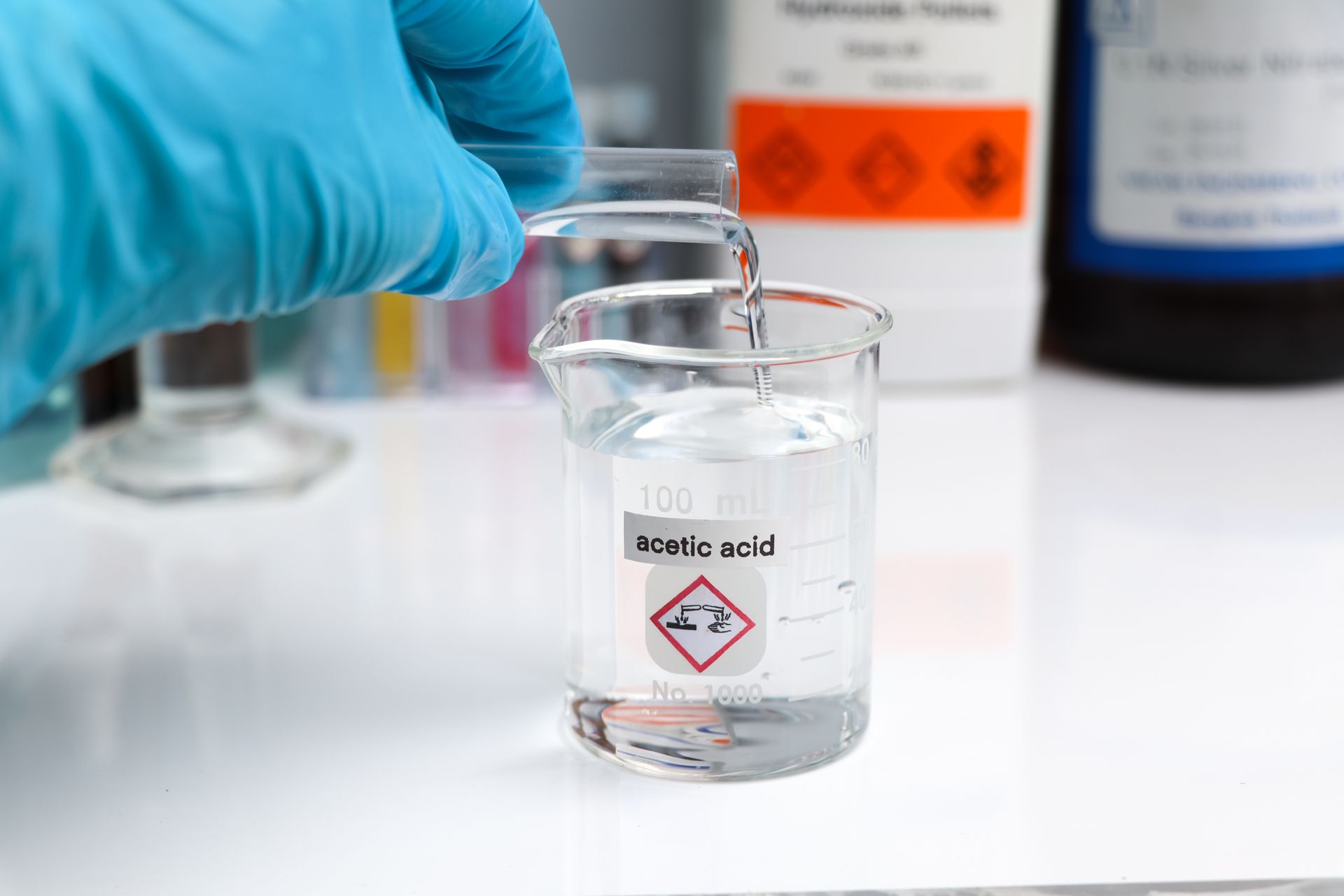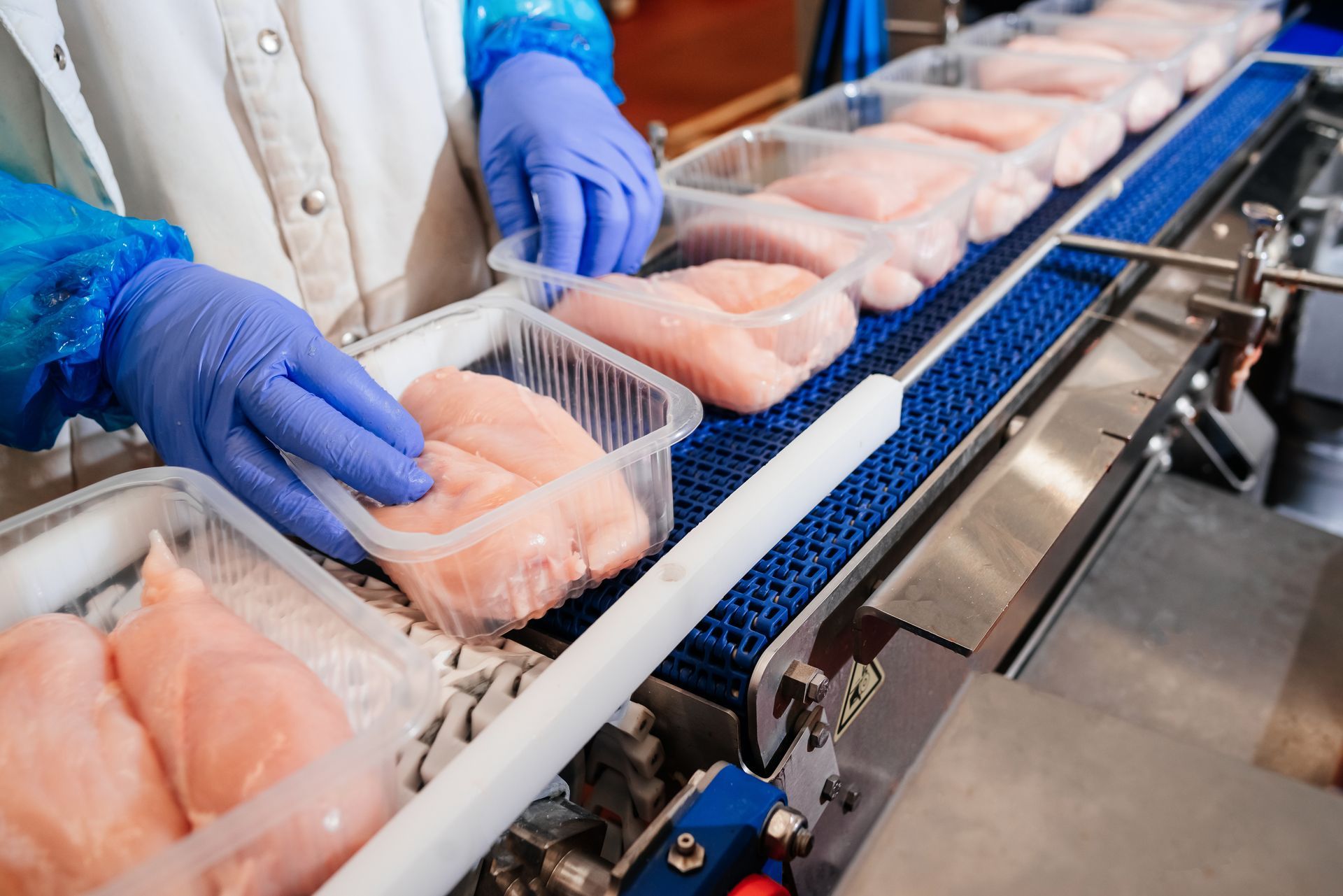Aliyah Price is an aspiring writer from Cape Town, South Africa who delves into both current events and creative concepts and topics. She is a graduate from the University of Cape Town and has majored in English Literature and Religious studies. Currently she is completing and internship at the Mail & Guardian publication.
1-877-HALAL-WW (+1-877-425-2599)
Halal Bacon?!
Is Turkey bacon for the halal-conscious consumer?

For most halal-conscious consumers the question of whether or not something is ‘halal’ is a fairly definitive one: it either is or it isn’t. Halal certification is relied upon heavily in this regard, as most halal-conscious consumers are not harvesting their own produce or slaughtering their own meat. Further than that, many may not know how rigorous the halal-certification process is, to ensure that halal goods are not caught in cross-contamination with very overtly ‘non-halal’ consumables - such as pork.
Most halal certification bodies rely on resources and codified processes that they follow meticulously before labelling something 'halal'. It's not always as simple as whether or not something contains pork. Expansion within the food industry includes the diversification of food products, consumer marketing and the general commitment to cater to consumers needs and wants. This has lead food wholesalers and brands to focus on inclusivity in their desire to attract consumers from a variety of consumer markets. To link this concept to the topic at hand: turkey bacon is an excellent example of product diversification.
'Turkey Bacon’ can be understood as meat that is cut, chopped or smoked from a Turkey. Adding ‘bacon’ to the title might be confusing to some: does this mean this meat is turkey and bacon? No. The use of the word ‘bacon’ is, at most, a marketing tool that will assist prospective buyers in associating the meat cut with the imagery of a hearty breakfast: sizzling strips of meat alongside an easy-over egg and two perfectly buttered slices of toast. The reality is that turkey bacon does not have pork in it at all.
One might ask what is the point of turkey bacon to the wider range of consumers who are already consumers of pork? Well, Turkey bacon has also gained momentum and popularity in the food sector because it appeals to more health-conscious individuals. As with numerous foods that are high in fat, sugar, or gluten there are often alternatives that have excluded these 'controversial' ingredients completely. Bread, a common staple, is often demonised and labelled 'unhealthy', due to the high amounts of processed flours and additives in it. There are now many healthy alternatives like whole-wheat, rye, or cauliflower bread. This angle of 'health consciousness' in an era fraught with with food fads, might be one of the leading reason that turkey bacon appeals to consumers; turkey bacon contains fewer calories than pork bacon.
More so the appeal may be that the prohibition of pork bacon has led to brands opting to include turkey bacon especially in countries like the Middle East, where Islamic customs forbid the consumption of all non-halal meat including pork. The turkey bacon is then pressed and cut to resemble regular bacon and so gives consumers the aesthetics of the universal " breakfast bacon". Even though turkey bacon isn't inherently unhalal due to being called 'bacon', it still needs to abide by the Islamic prescriptions of slaughter in order to be 'halal'. After the slaughtering process, it can be shaped, cut or smoked in to what we understand as 'bacon'.
The layman may assume that turkey bacon was introduced for the halal-conscious consumer, and that the lack of pork alone renders it halal. Establishments selling the turkey bacon may make this mistake too. However, it is important to note that with the turkey or beef, the process it undergoes in order to have a bacon-like aesthetic and taste, might put it at risk of cross-contamination. Even if the animal was slaughtered according to the guidelines of islamic ritual slaughter, due to the nature of the smokehouses, it will still need to undergo halal certification.
The process of curing the meat is a relatively specific one. Once the meat has been butchered, it must be salted accordingly over every surface and then refrigerated. It needs time in order to cure effectively; the salt successfully draws out moisture and aids the preservation of the meat. The step following this is unique to the process of making bacon: once the meat is cured it is suspended in the air in the smoker. The smoke in the room further cures the meat, cooking it almost, while leaving a distinct flavor. The extent to which the meat is smoked in the smokehouse is integral; there should be no contact with non-halal meats throughout the smoking or curing process. The smokehouse should then be only used to cure halal meats so to ensure that there is no cross-contamination between non-halal consumables. Therefore, halal certification should ensure that the process of smoking the meat into bacon whether it turkey or beef bacon to get the smoked flavor, follows all halal compliance protocols.
As with most comsumables, halal-conscious consumers should employ their discretion and do due research before reaching for a pack of turkey bacon. There are often processes preceding the packaging that put the meat at risk of cross-contamination. Acquiring a bacon replica, whether it be in smokey flavor or aesthetic, undeniably holds some risk. The name turkey 'bacon' in and of itself might prove too controversial to many halal-conscious consumers, who may choose to simply stay away on that basis. Others may rely on a halal certification body that they trust, to put them at ease about its halal status.
References:
https://www.delightedcooking.com/what-is-halal-bacon.htm












